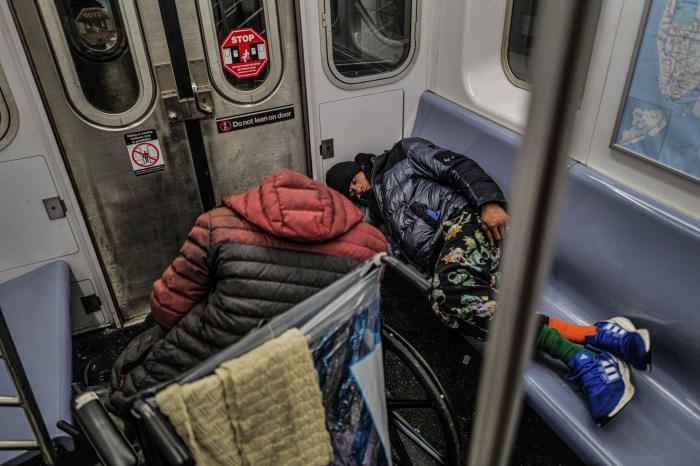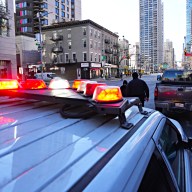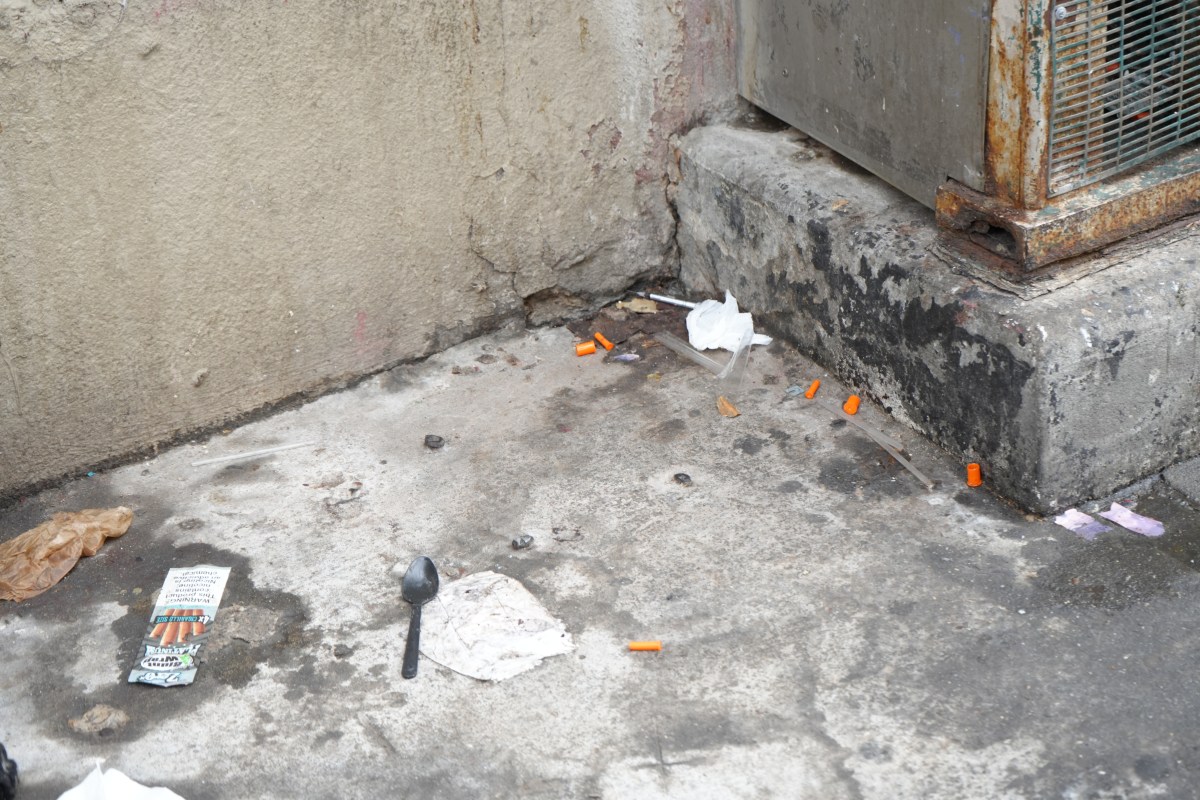New York City is experiencing one of the worst measles outbreaks in years, with 466 cases confirmed.
Mayor Bill de Blasio declared a health emergency in April and ordered vaccinations for everyone in certain Brooklyn ZIP codes. The majority of the cases have occurred in Orthodox Jewish communities.
Scroll down to learn more about the disease and outbreak.
What is measles?
Measles is a highly contagious viral disease. When a person is infected, they typically get a fever, runny nose, cough, sore throat and red eyes. A few days later, small red spots, and possibly raised bumps, appear across the body, according to the Centers for Disease Control and Prevention.
Is measles deadly?
Measles can be fatal. Severe cases can cause pneumonia and encephalitis, or swelling in the brain, which can cause death.
The virus is typically more severe for infants, pregnant women and people with weak immune systems.
How do you get measles?
Measles spreads from person to person through the air when an infected person sneezes or coughs. The virus is active in the air and on surfaces for up to two hours.
An infected person is contagious four days before the rash appears and for four days after the rash appears.
How many times do you need the MMR vaccine?
The CDC says children should get two doses of the MMR (measles, mumps and rubella) vaccine, once when they are between 12 and 15 months old and again when they are between 4 and 6 years old. If they do, they are considered protected for life and will not need a booster vaccine later.
Adults who did not get vaccinated as a child need one or two doses depending on whether or not they are high-risk, such as college students, health care personnel and international travelers, the CDC said.
Can you get measles if you’ve been vaccinated?
Two doses of the vaccine are about 97% effective and one dose is 93% effective, according to the CDC. Very few people, who may have an immune system that doesn’t respond as well as it should to the vaccine, could still get the virus.
Wasn’t measles eliminated in the United States?
Yes, measles was declared eliminated in the United States in 2000 because there was an “absence of continuous disease transmission for greater than 12 months,” the CDC said. But people can still bring the virus from other countries, which is often how outbreaks start in the United States.
The disease could become endemic if it becomes a constant presence again.
Why do some parents refuse to vaccinate their children?
Some parents have cited religious beliefs as a reason not to vaccinate their children. Misinformation about the vaccine also has wrongly convinced some that the vaccination causes harmful side effects.
How many measles cases are there in New York City?
There have been 466 confirmed cases in New York City between Sept. 1, 2018, and May 6, 2019, according to data from the city health department. A large majority of those cases — 379 — were in Williamsburg. Borough Park had the second-highest number of cases with 69. A handful of other neighborhoods in Brooklyn and Queens had one to four cases.
Most of the cases are among children: 77 were under a year old, 213 were 1 to 4 years old, 98 were five to 17 years old and 78 were 18 and older, according to the health department.
What ZIP codes in New York City have mandatory vaccination orders?
The ZIP codes under the mandatory vaccination order are 11205, 11206, 11211 and 11249. They cover Williamsburg and parts of the surrounding neighborhoods.
How many measles cases are there across the country?
As of May 3, there have been 764 cases of measles in 23 states in 2019, the CDC said. This is the highest number of cases reported in the country since 1994.






























